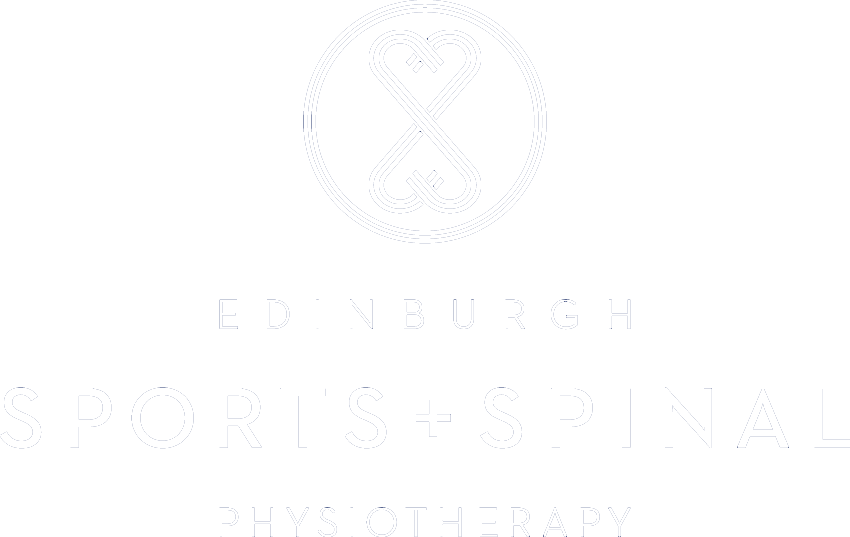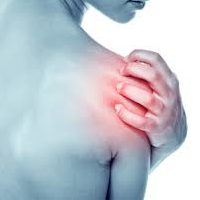What is the rotator cuff?
The rotator cuff muscle are made up of four muscles and their tendons which work together to stabilise the ball of the shoulder joint (head of humerus) in the socket. They also provide the shoulder with mobility and strength.
Due to the unique mobility of the shoulder joint, the rotator cuff experiences a great deal of pressure and strain. Racket sports, swimming, throwing activites and contact sports see a high proportion of rotator cuff injuries.
The muscles included within the rotator cuff group, can strain, or be torn and as such restrict movement and cause pain.
Symptoms of a rotator cuff injury may include:
- difficulty in lifting the arm
- pain on the outside of the shoulder possibly travelling down into the arm.
- pain can increase at night
- often stiffness within the shoulder joint
Diagnosis of a rotator cuff injury?
Edinburgh Sports & Spinal Physiotherapy provide specialist assessments, and our physiotherapists can provide a diagnosis of a rotator cuff injury. To make the most of your appointment we would suggest that you wear a vest top in order for you physio to thoroughly assess your shoulder and surrounding structures, such as your shoulder blade and thoracic spine.
Physiotherapy treatment for rotator cuff injuries
Edinburgh Sports & Spinal Physiotherapy have specialised physiotherapists who will provide thorough assessments and treatment for your rotator cuff injury.
Physiotherapy treatment will aim to:
- regain range of movement,
- increase muscle strength
- restore any Muscle imbalance exercises
Treatment may include:
- soft tissue massage
- joint mobilisations
- acupuncture and dry needling techniques
- tailored exercise program to return you to your sport or activity
Advice in the mean time / self help
- Rest
- Ice therapy: Put a cold pack (typically an ice pack applied for 20 minutes) directly on the injury, reapply the ice after approximately 90 minutes.
- Heat therapy: Apply heat (typically in the form of heated pads, warms packs or lamps) to the areas of the body causing pain. NB. Often Cold therapy and
- Contrast therapy: alternate between hot and cold ( approximately 3 mins each)
- Visit your GP to discuss pain relief and anti-inflammatory medications to help muscle pain

